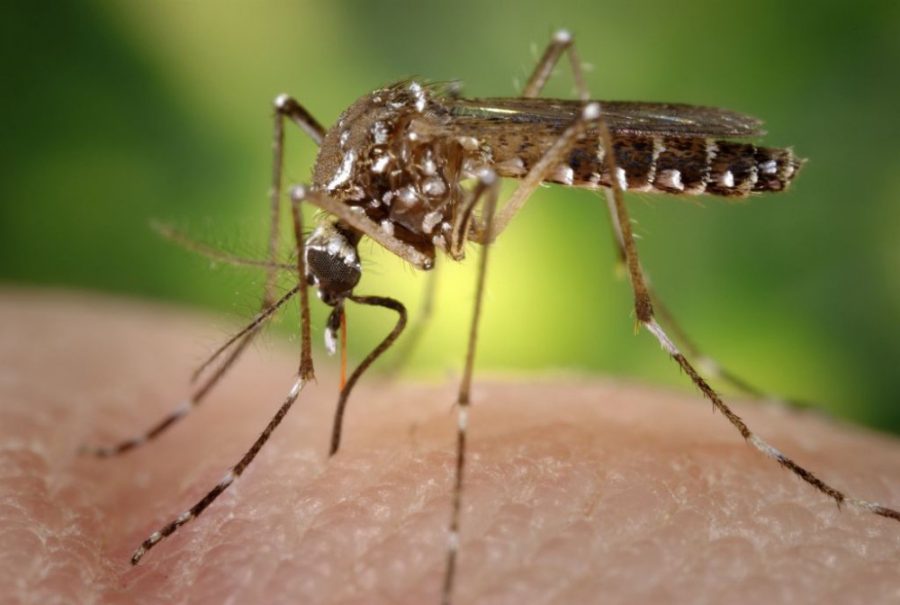On Monday, February 22 the fourth lecture in the “Earth Transformed” College of Science Lecture Series attempted to unify the local citizens with the scientific community.
In her lecture, Kacey Ernst, associate professor of epidemiology and biostatistics, addressed climate change and impacts on human health. Her talk, titled “Climate Change and Human Health: Impacts and Pathways to Resilience”, hit many key points about the impact of pathogen and parasite caused illnesses in humans, extreme-heat deaths and famines.
According to Ernst, the southwest climate projections show an increase in temperature of up to eight degrees Fahrenheit if humans continue to live as current situations are. This may directly correlate to the increase in emissions and fossil fuel usage..
Thus, as the environment gets warmer and drier, monsoon seasons are likely to bring flooding – presenting environments suitable for the many species of mosquitos. Specifically, Aedes aegypti, the “yellow fever mosquito”, is likely to find a home in the increasing urbanization of the population, according to Ernst. Ae. aegypti is naturally inclined to follow humans to their urbanized locations, and given the natural combination of rain and the abundance of plastic containers which are disposed of on a daily basis provides a convenient home for Ae. aegypti, according to Ernst.
In her research, Ernst studies the impact of mosquito dynamics on human health. As a part of her research, Ernst collects adult mosquitoes and pays close attention to those that are able to carry viruses. In her studies, Ernst collected Ae. aegypti in three regions: Nogales, Hermosillo, and Tucson. There was a higher proportion of Ae. aegypti adult females in Tucson than in Hermosillo or Nogales in 2014. According to Ernst, that because of health and infrastructure the large population of mosquitoes is not as big a problem here in the United States. Thus far, all cases of the Zika virus, the latest public health emergency brought by Ae. aegypti, in the United States have been related to travels. Ernst says, “Our current weather conditions are not conducive to local transmission for Ae. aegypti populations. Ae. aegypti is very adaptable however and we do not know enough to say how tolerant of lower temperatures it may eventually become.”
“There is no longer a real debate about whether or not climate change is occurring. It is conclusive that there is a human contribution to it. We have moved from state of trying to present and justify human involvement to saying we are a part of the problem and now what are we going to do for solutions.” said Dr. John Pollard, associate professor of chemistry and biochemistry,
Follow Priyanka Hadvani on Twitter.









